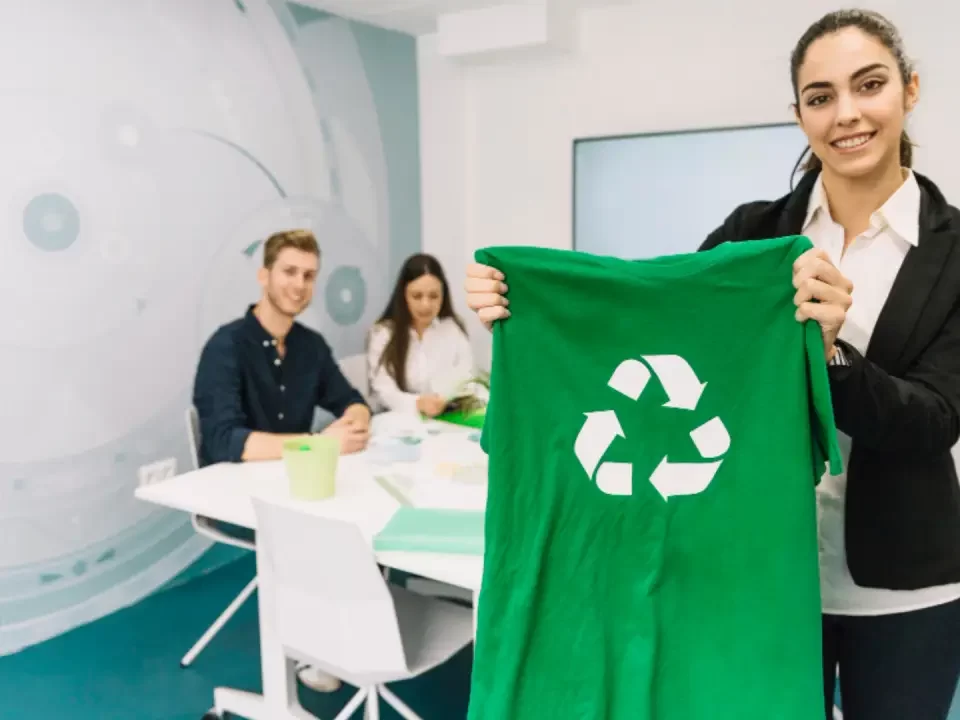
What is Textile Recycling?
31 August 2024The Importance of Textile Recycling
The textile industry, with its rapidly increasing production and consumption volumes, has become one of the sectors with the highest environmental impact. This makes textile recycling essential for sustainability and environmental protection.
The Recycling Process
- Collection and Sorting: Used textile products are collected and sorted based on their type, color, and material.
- Processing: The sorted textiles are broken down into fibers through mechanical or chemical methods. In mechanical recycling, textiles are manually shredded into fibers, while chemical recycling uses solvents to dissolve the fibers.
- Reproduction: The fibers obtained are used to produce new yarns and fabrics or are utilized as raw materials in other industries.
Environmental Benefits
- Waste Reduction: Recycling textile waste reduces the amount of waste sent to landfills, preventing environmental pollution.
- Energy and Water Conservation: Recycling consumes less energy and water compared to producing new textiles, thereby preserving natural resources.
- Reduction in Greenhouse Gas Emissions: Textile recycling can help reduce greenhouse gas emissions generated during production, contributing to the fight against climate change.
Seryaman Textile and Recycling
Seryaman Textile places great importance on textile recycling as part of its sustainable production approach. By incorporating recycled materials into its production processes, the company offers eco-friendly products and contributes to the conservation of natural resources. Additionally, Seryaman Textile adopts best practices in waste management and recycling to fulfill its environmental responsibilities.
Textile recycling is crucial for environmental protection and sustainability. The efforts of companies like Seryaman Textile in this field are promising for the industry’s future and the health of our planet. Consumers can also support this process by choosing recycled products, making an important step toward a sustainable future.


